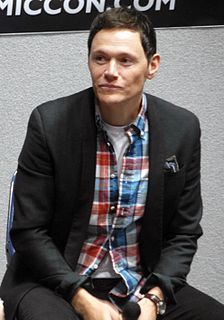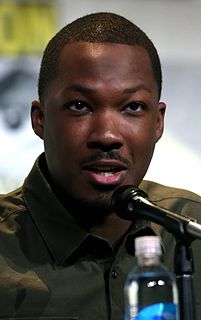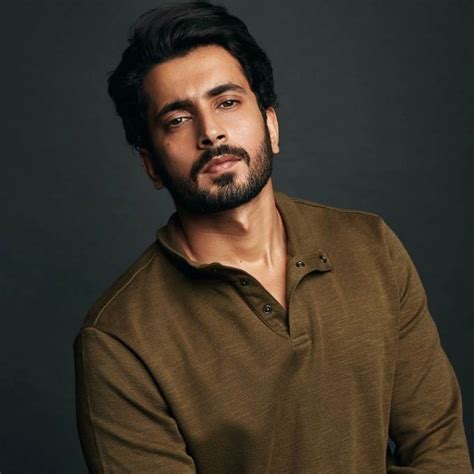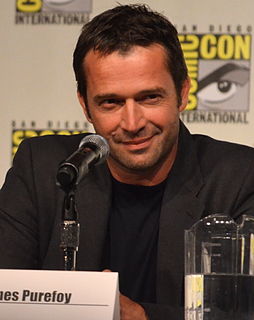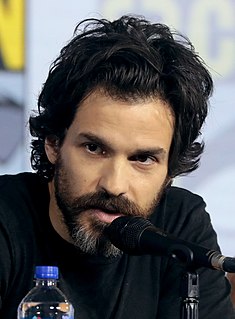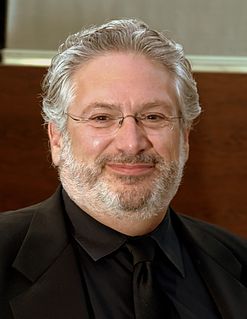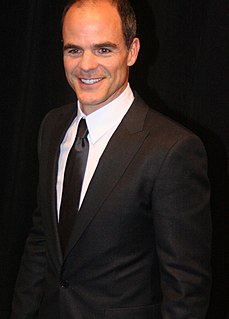A Quote by Michael Schur
It's so much easier to write for an actor than for an imaginary character and then try to fit that character to an actor. It doesn't work very often in my experience.
Related Quotes
There should always be that leeway because if you think of your character as sort of absolutely fixed, then you just try and find actors to come and do exactly that thing, then you're not gonna be working with that actor's own set of internal impulses and who they are, so the best work is always a coming together of the actor and the character.
The truth is, an actor's performance is the result of work by a lot more people than just the actor. When you see that character portrayed up on screen, there is the work certainly of the actor, but there's the work of the editor, there's the work of what the camera was doing. What the music was doing, all of the above.
When I'm writing, I try to have the mask of my character on as I'm walking through the world. When I'm not at my desk, the rest of the time, I try to stay in that character and see the world the way that character would It's almost like method acting in a way — keeping the character close the way the actor keeps a script close and always tries to be in character.
I design for the movie and the character as well as the person wearing the costume. I show the ideas to the actor, then do fittings for shape and technical things such as movement in the costume. Once the costume in this form is on the actor, you have a sense of their connection with it. I then take it to the next level with the final fit.


